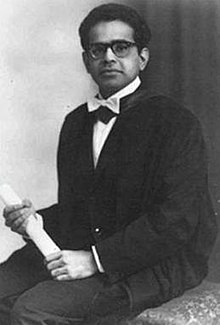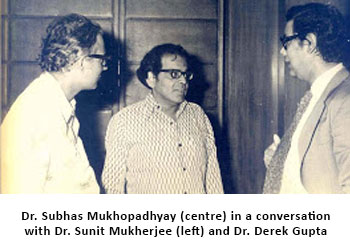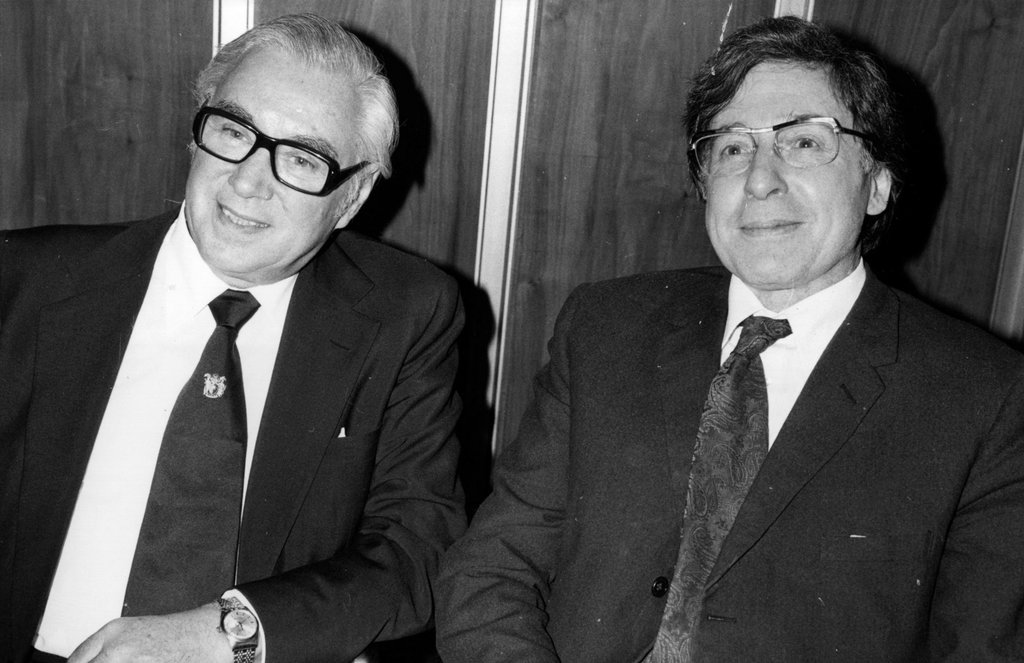The BJP Bhakt is more dangerous than the BJP itself. He uses the BJP to channelise his hate, insecurities, and biases against the minorities, political parties and all those who he disagrees with. In BJP he has found a voice which he had lost for 700 years. (1/22)
More from India
Hindutva does not belong to Modi nor his party, it belongs to the people as a unifying, decolonial ideology similar to pan-Africanism or Yugoslavism.
His own brand of "positive secularism" is even milder - deepening special rights and welfare schemes for religious minorities.
After the disbanding of the Hindu Mahasabha and Jana Sangh, Hindutva as a political ideology does not even exist, except as a bogeyman in the minds of the Anglophone elite.
Even the BJP gave up Hindutva for civic nationalism, Gandhian socialism, and positive secularism in 1980s.
Under Modi, there has been compete policy continuity on minority rights and welfare from the Congress era, with little to no "Hindutva agenda" coming to see the light of day.
The most radical policy they can dream of is religion-neutral laws and equal rights for equal citizens.
Hindutva was essential in forming a national consciousness, but was abandoned with time. The modern BJP refuses to self-identify as a Hindutva movement, adopting moderates like Sardar Patel, Deendayal Upadhyay, and JP Narayan as their icons, rather than Savarkar or the Mahasabha.
When they say Hindu Rashtra, all they mean is an "Indic polity".
When British India was partitioned into a Muslim homeland and a Dharmic homeland, one state became a 'Ghazi' garrison state, and one the successor state to the Indic
His own brand of "positive secularism" is even milder - deepening special rights and welfare schemes for religious minorities.
I'm not entirely comfortable with Modi's "Hindutva".
— Onye Nkuzi (@cchukudebelu) February 2, 2021
I know many of my Indian followers will come at me, angrily - but let me just say this out.
I'm not sure it is a great model for democracy in a diverse, multi-cultural developing nation.
After the disbanding of the Hindu Mahasabha and Jana Sangh, Hindutva as a political ideology does not even exist, except as a bogeyman in the minds of the Anglophone elite.
Even the BJP gave up Hindutva for civic nationalism, Gandhian socialism, and positive secularism in 1980s.
Under Modi, there has been compete policy continuity on minority rights and welfare from the Congress era, with little to no "Hindutva agenda" coming to see the light of day.
The most radical policy they can dream of is religion-neutral laws and equal rights for equal citizens.
Hindutva was essential in forming a national consciousness, but was abandoned with time. The modern BJP refuses to self-identify as a Hindutva movement, adopting moderates like Sardar Patel, Deendayal Upadhyay, and JP Narayan as their icons, rather than Savarkar or the Mahasabha.
When they say Hindu Rashtra, all they mean is an "Indic polity".
When British India was partitioned into a Muslim homeland and a Dharmic homeland, one state became a 'Ghazi' garrison state, and one the successor state to the Indic
Many are upset at the bus attacks & Red Fort events during #FarmersProtest.
But have you paused to think what has brought about this situation? While magnifying impulsive actions by some protesters, do you miss to see State's systematic violence and erosion of rule of law?
If you are a believer in Constitution and legitimate processes, then the manner in which the Centre pushed the #FarmLaws & handled the #FarmersProstests should leave you distressed.
First, Centre brings these laws as Ordinances on subjects which are apparently in state list, through a colorable use of concurrent list. Principle of federalism negated, at least in spirit, if not in letter.
Then, bills are passed in Parliament without effective discussions.
No one can say for sure if the bills were actually passed in vote in Rajya Sabha. The whole process was brazenly dubious. The live telecast was stopped amid protests. Really shameful events.
So, lawful processes to address dissent undermined.
#FarmersProtest
#FarmLaws
Then some farm groups approach the Supreme Court raising some pertinent questions on constitutionality. Instead of considering legality, court ventures into political thicket by attempting mediation, that too with a hand-picked committee having only members supporting #FarmLaws .
But have you paused to think what has brought about this situation? While magnifying impulsive actions by some protesters, do you miss to see State's systematic violence and erosion of rule of law?
How it started: How it's going: pic.twitter.com/bwkqp3uYQu
— Manu Sebastian (@manuvichar) January 26, 2021
If you are a believer in Constitution and legitimate processes, then the manner in which the Centre pushed the #FarmLaws & handled the #FarmersProstests should leave you distressed.
First, Centre brings these laws as Ordinances on subjects which are apparently in state list, through a colorable use of concurrent list. Principle of federalism negated, at least in spirit, if not in letter.
Then, bills are passed in Parliament without effective discussions.
No one can say for sure if the bills were actually passed in vote in Rajya Sabha. The whole process was brazenly dubious. The live telecast was stopped amid protests. Really shameful events.
So, lawful processes to address dissent undermined.
#FarmersProtest
#FarmLaws
Then some farm groups approach the Supreme Court raising some pertinent questions on constitutionality. Instead of considering legality, court ventures into political thicket by attempting mediation, that too with a hand-picked committee having only members supporting #FarmLaws .

























